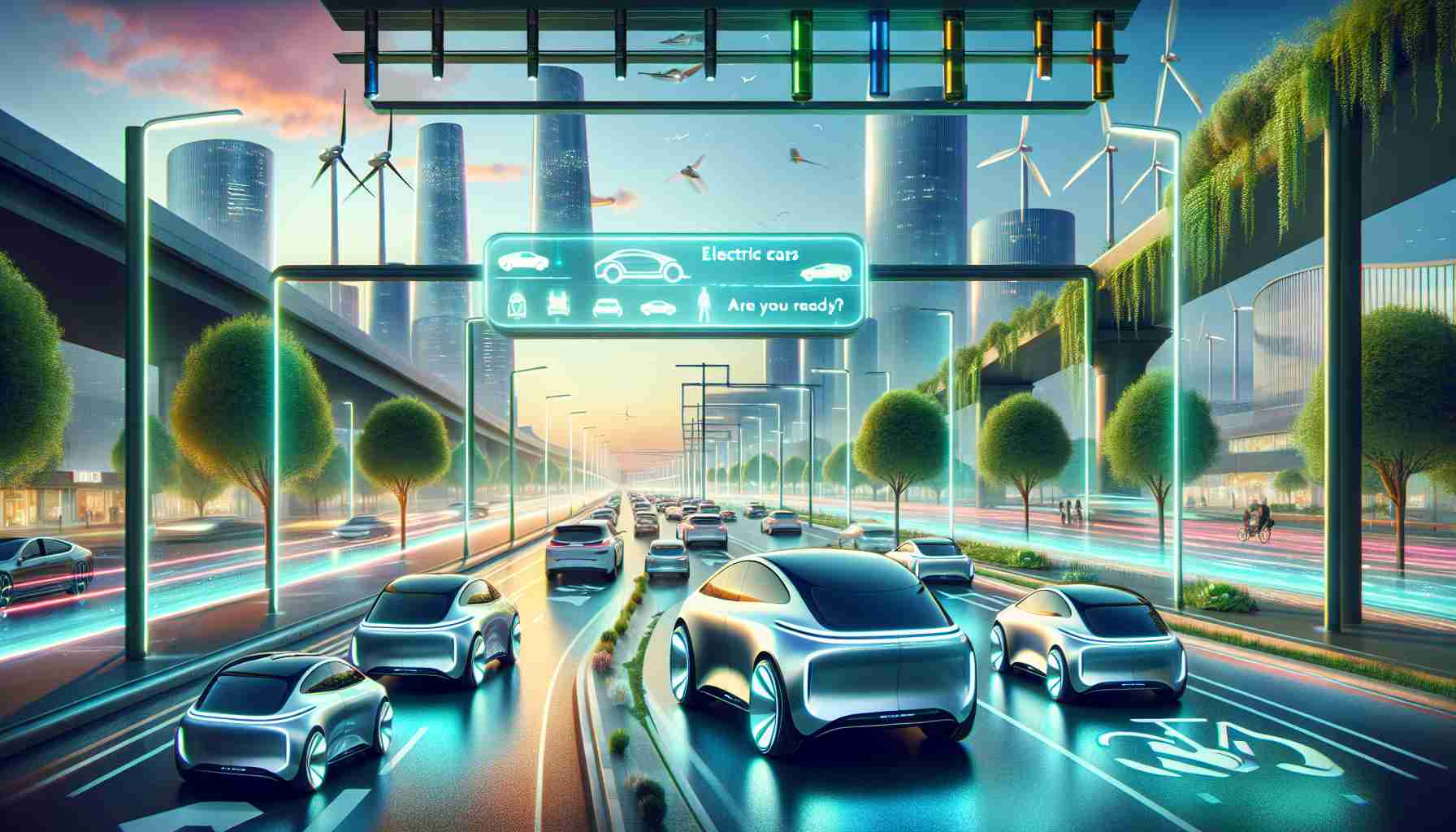Understanding the Transition to Electric Vehicles
The automotive landscape is rapidly changing, with electric vehicles (EVs) fast becoming the preferred choice for many. Currently, electric cars offer significant savings in fuel and maintenance compared to traditional gasoline vehicles. As technology advances, the purchase price of EVs is also expected to decline, making them more accessible to a broader audience.
Homeowners equipped with solar panels, often referred to as “Driveways,” are poised to see the greatest financial benefits. The ability to charge their vehicles using free solar energy enhances their savings and sustainability efforts. For those residing in apartments, the journey is a bit more complex. They must navigate building regulations and secure agreements to install charging infrastructure and solar energy solutions.
Meanwhile, city dwellers without dedicated parking, termed “Kerbies,” face unique challenges. They often rely on public charging stations, which can incur costs akin to traditional gasoline. While the transition to electric motoring may seem straightforward, Kerbies must adapt to existing infrastructure limitations.
Innovative solutions, like municipal trials for charging at the curb, are emerging, but they might not guarantee free charging. As public charging networks expand, urban residents can gradually enjoy the perks of electric driving—even without home charging.
In summary, the shift toward electric cars is inevitable, presenting both challenges and exciting opportunities for all types of drivers. Adaptation is key, but embracing electric mobility is a step toward a more sustainable future.
The Electric Vehicle Revolution: Opportunities and Challenges Ahead
The Shift to Electric Vehicles
Electric vehicles (EVs) are not just a trend; they represent a seismic shift in the automotive industry. As concerns about climate change intensify, more consumers are choosing EVs for their sustainability benefits, lower operating costs, and reduced carbon footprints.
Pros and Cons of Electric Vehicles
Pros:
– Cost Savings: EV owners often save significantly on fuel costs, as electricity is cheaper than gasoline. Additionally, lower maintenance costs arise from fewer moving parts in electric engines.
– Environmental Impact: EVs produce zero tailpipe emissions, contributing to cleaner air and reduced greenhouse gas emissions.
– Incentives: Many governments provide tax credits, rebates, and grants to encourage EV adoption, further offsetting initial purchase costs.
Cons:
– Limited Range and Charging Infrastructure: Despite improvements, many consumers still worry about the range of electric vehicles and the availability of charging stations, especially in rural areas.
– Initial Cost: Although prices are decreasing, high-quality EVs can still be more expensive upfront compared to traditional vehicles, making them less accessible for some buyers.
– Charging Time: Charging an EV takes significantly longer than filling a gas tank, which can be inconvenient in certain situations.
Key Features of Electric Vehicles
1. Battery Technology: Advancements in lithium-ion and solid-state batteries are improving energy density, range, and charging times.
2. Regenerative Braking: This feature allows EVs to convert kinetic energy back into stored energy in the battery, enhancing efficiency.
3. Smart Technology Integration: Many EVs come equipped with advanced connectivity features, allowing for real-time updates and energy management.
Use Cases and Innovations
– Urban Commuters: EVs are particularly beneficial for city dwellers who typically engage in short-distance travel. With more charging stations being placed in urban environments, daily use becomes feasible.
– Company Fleets: Many businesses are transitioning their fleets to EVs to reduce operational costs and meet corporate sustainability goals.
Innovations in fleet management systems are providing businesses with tools to optimize EV usage, predict maintenance needs, and manage charging schedules efficiently.
Market Trends and Predictions
The market for electric vehicles is expected to grow exponentially over the next decade. Analysts predict that by 2030, EVs could represent more than 25% of all vehicle sales globally. Factors contributing to this growth include:
– Decreasing Battery Costs: As technology improves, costs are projected to fall, making EVs more affordable.
– Government Policies: Many nations are enacting strict emissions standards and setting targets for phasing out gasoline cars, propelling the shift to electric.
Limitations and Considerations
Despite the promising future for EVs, consumers must consider some limitations:
– Infrastructure Development: The success of EV adoption hinges on the expansion of charging infrastructure, especially in suburban and rural areas.
– Environmental Impact of Battery Production: Although the operational emissions of EVs are low, the production of lithium-ion batteries raises concerns about resource extraction and waste management.
Sustainability and Security Aspects
As the EV market grows, sustainability practices in manufacturing and end-of-life recycling for batteries are becoming vital concerns. Additionally, cybersecurity in connected vehicles is a crucial aspect that manufacturers are focusing on, to protect the data and privacy of EV owners.
Conclusion
The transition to electric vehicles is an exciting opportunity for consumers, businesses, and the environment. While challenges remain, innovative solutions and technological advancements indicate a promising future for EVs. As individuals and societies adapt to this change, embracing electric mobility can lead to a more sustainable and economically viable future.
For more insights into electric vehicles and their impact on our world, visit Energy.gov.













